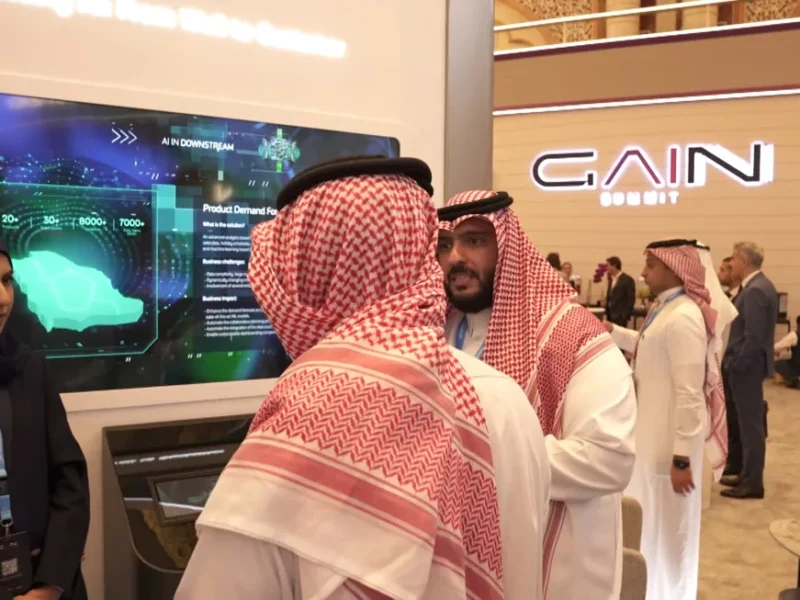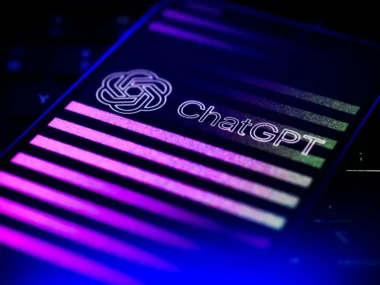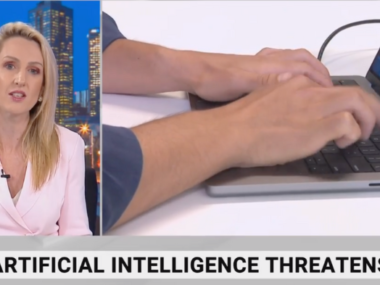In recent years, the UAE has expressed its ambition to become a leading force in artificial intelligence (AI), and now other Gulf nations are also making serious efforts in this field.
According to a report by PwC, AI could add $320 billion to the Middle East’s economy by 2030, accounting for roughly 2% of the global benefits. Stephen Anderson, PwC’s Middle East strategy and markets leader, mentioned during CNN’s coverage of the Global AI Summit (GAIN) in Riyadh, Saudi Arabia, that significant investments are flowing into AI across the Middle East.
Anderson also noted that the region is more open to experimenting with AI compared to some other areas around the world.
A key challenge in AI’s rapid expansion is its significant energy consumption, making it a growing contributor to greenhouse gas emissions. For instance, Google reported a nearly 50% increase in its 2023 emissions compared to 2019, largely due to AI’s energy requirements. The International Energy Agency predicts that by 2026, energy demand from AI, data centers, and cryptocurrencies could double.
Despite this, Stephen Anderson believes Gulf nations, which have economies heavily based on fossil fuels, are well-positioned to become “major players” in AI and can contribute to making the technology more sustainable. He emphasized that the region, particularly known for low-cost solar energy, has the potential to merge sustainability with AI’s energy needs.
Anderson highlighted the UAE, Qatar, and Saudi Arabia as leading AI investors in the region. Saudi Arabia, seeking to reduce its dependence on oil and gas, has invested heavily in AI to support its “Vision 2030” plan for economic diversification. According to the Saudi Data and AI Authority (SDAIA), AI is expected to contribute 12% to the nation’s GDP by 2030, with the sector growing annually by 29%.

Gulf states are making substantial investments in AI as part of their efforts to diversify their economies.
Significant efforts have been made across the Gulf region to create Arabic-language AI models trained on local datasets, addressing the limitations of platforms like ChatGPT when it comes to capturing the nuances of the Arabic language. For instance, the UAE introduced an AI tool called Jais, while Saudi Arabia developed the Arabic chatbot ALLaM.
Recently, it was announced that ALLaM would be hosted on Microsoft’s Azure cloud platform, following earlier news of its availability on IBM’s watsonx platform.
Nick Studer, CEO of Oliver Wyman Group, remarked at the GAIN summit that focusing on Arabic-language models could enable Saudi Arabia to compete with English-speaking markets, which benefit from a larger number of language models. He noted that over half a dozen Arabic-based large language models are being developed in the country for various applications, ranging from chatbots to government and corporate solutions. Studer suggested that this blend of government support and private sector innovation could establish the kingdom as an AI hub, especially as the region continues its push for economic diversification.
Threat of governance
A significant obstacle in AI development is managing public perception and governance: determining how to regulate AI and data in a manner that is safe, secure, ethical, and equitable.
At the summit, several new policies were introduced, including guidelines from SDAIA for the responsible use of deep fakes, the Riyadh Charter for AI in the Islamic World, which sets out a framework for AI development aligned with Islamic values, and a global framework for AI readiness led by the International Telecommunication Union.
Studer emphasizes the importance of a robust regulatory framework for AI’s future. He notes that concerns extend beyond privacy and job losses to issues like national sovereignty, especially if an economy becomes dependent on tools developed beyond its control. He argues that having thoughtful regulation is crucial.











